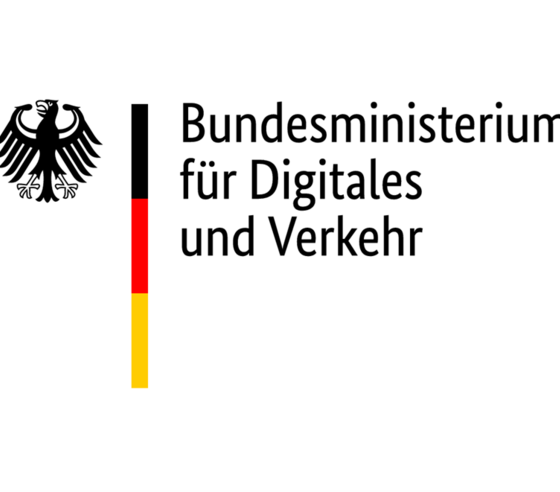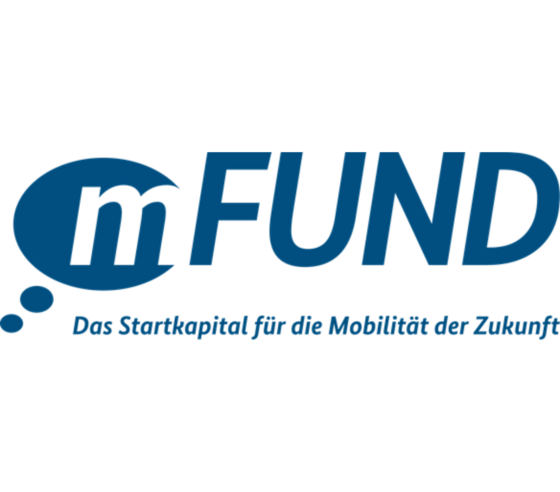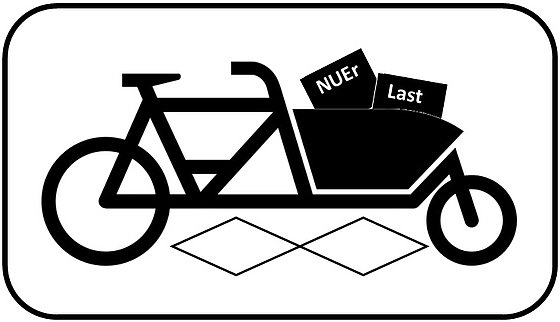NUErLast - Benefits and feasibility of detector-based detection of cargo bikes
General Description
Due to the increasing volumes of bicycle traffic over the years, especially in inner-city areas, as well as the increase in sales of cargo bicycles, there is an increasing need to adapt infrastructures to the new needs. The dimensions of the "new" bicycle categories alone indicate different usage demands on the infrastructure and an increasingly wide spread of riding behavior. The basic prerequisite for use-oriented infrastructure planning that takes into account bicycle composition is the collection of reliable count data and knowledge about the riding behavior of cyclists with different bicycles. At present, it is not (yet) possible to differentiate between different types of bicycles when recording bicycle traffic. In traffic planning, automatic bicycle permanent counting stations are used to enable a comprehensive and permanent recording of crossings over defined cross-sections. In addition to more specialized solutions, there are basically three technology approaches on which automated counting stations are based: Radar counters, camera systems and counters with induction loops. Induction loop technology in permanent counting stations for bicycle traffic is very common. Using induction loops, it is possible to record the majority of bicycle traffic as well as the direction and a classification of speed. A limitation is currently the differentiation between different classes of bicycles, as the currently used counting technology cannot detect whether a conventional bicycle, a cargo bicycle, or a bicycle with a trailer has passed the induction loops. The NUErLast project aims to fill this gap by answering the following questions:
1. What categorization of bicycles is appropriate for further use of the data by municipalities and public works authorities?
2. Which types of cargo bicycles can be distinguished by means of induction loops?
3. Which boundary conditions influence the accuracy of the classification?
4. Which basic statements can be derived from the composition of different bicycle types with regard to the flow of bicycle traffic?
March 2023: Project NUErLast Internal Kick-off Event
June 2023: Data collection for cargo bikes
November 2024:
Project update: Contribution to detector-based recording of cargo bikes accepted: Our article titled “Use and feasibility of detector-based recording of cargo bikes” has been successfully accepted and will be published in the December issue of Straßenverkehrstechnik.
Project update: Submission to the TRB Annual Conference: Our publication “Propagation of density across the width of a bicycle path” has been submitted for the annual TRB annual meeting in Washington D.C. Based on positive peer review, our contribution was recommended for presentation at the conference and for further evaluation by the TRR editorial committee.
Project implementation
At the beginning, use cases for the application of differentiated bicycle traffic counts are identified in expert workshops. Induction loop data and video data will be collected to identify the electromagnetic signatures of cargo bicycles on the one hand and to derive statements on bicycle traffic flow theory on the other hand. The results will be used in the development of methods for automatic differentiation of bicycle cubatures and thus their classification. Based on the video data, parameters for the bicycle traffic flow theory will be derived.
Objectives
- Testing the feasibility of classifying detection and counting of cargo bikes using induction loops.
- Identification of use cases of differentiated bicycle traffic counts in infrastructure planning and traffic engineering.
- Implementation of the gained knowledge into the cycling flow theory.
Funding source


BMDV - Federal Ministry for Digital and Transport
Duration
01 March 2023 until 29 February 2024
Contact

Univ.-Prof. Dr.-Ing. Heather Kaths
kaths[at]uni-wuppertal.de
+49 (0)202 / 439 4433
M. Sc. Aboozar Roosta
roosta[at]uni-wuppertal.de
Project partner
The project is being worked on together with
- DTV Verkehrsconsult GmbH, Aachen and
- EcoCounter GmbH, Köln
